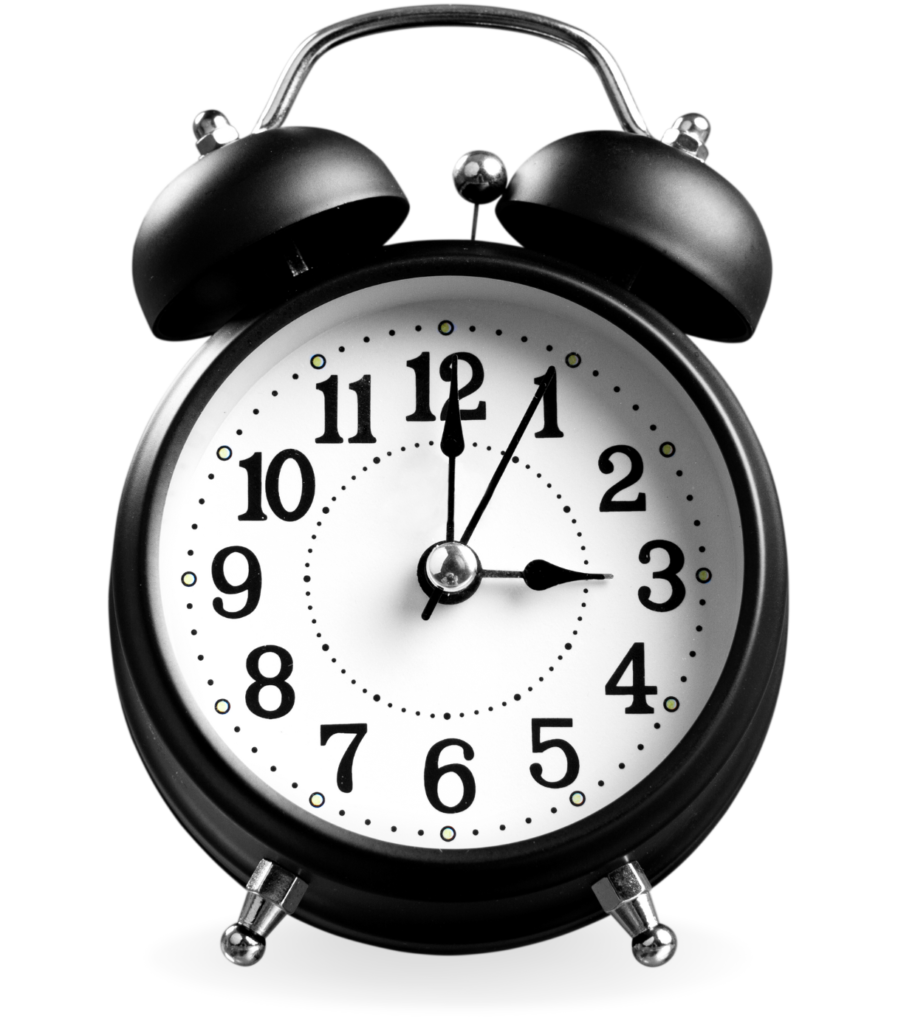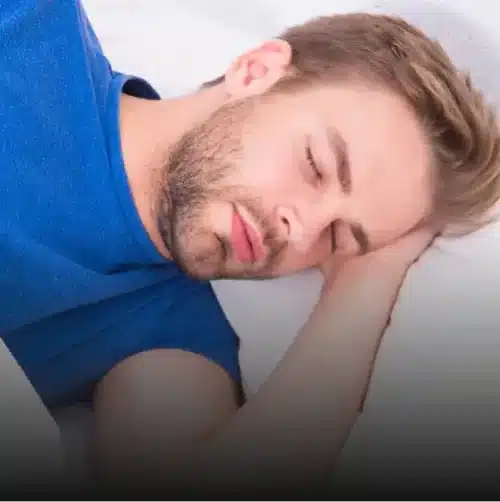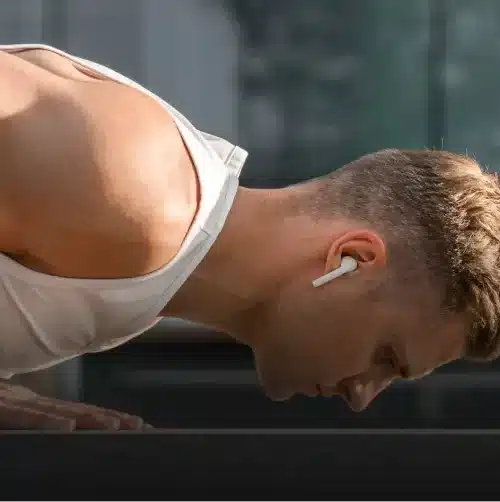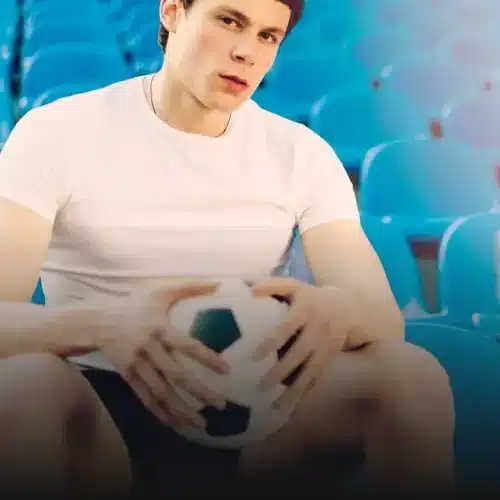Sleep
What We Offer
- Research
- Practical Tips
-
One to One
Coaching -
Team
Sleep management - Travel
Is sleep essential for athletic performance?
How does sleep actually make a difference? Is it really that important?
Is there a dose relationship between sleep and performance?
What does the research tell us when sleep is optimised in elite performers?
What are the implications to performance when sleep is lost?
How much of an impact can bad sleep quality and quantity really have on performance?
AND... can sleep be optimised to improve performance?
Does research show that sleeping patterns can be altered through medical interventions to increase performance...
Bedroom
Keep this cooler (neutral temperature), Dark and as quiet as possible, Avoid distractions in the bedroom...
Electronics
Keep out of the bedroom as much as possible, Avoid 30 minutes before bedtime, Use can delay sleep onset time...
Diet and Fluid
Avoid over hydration in later into the evening to stop the need to wake at night...
Medications
Try and think about what you need and why?– What is actually going on? Try to look at targeted medications and therapy...
Naps
You are allowed to nap but ensure it is done properly, Don’t nap for longer 30 minutes, Avoid naps later in the day...
Low Tech Options
Humidifiers and diffusers, Lavender oils and senses can help promote calmness and also preparation for sleep...
Sleep tracker
In theory not a bad option, Is more data more helpful with the untrained eye, A good potential screening tool...
To enquire about our one 2 one coaching please complete the form below -
To enquire about team sleep management please complete the form below
5 Tips to better travel
- Work out what time you will be landing and what you would normally do at that time
- Set yourself to sleep at the time of your arrival not departure
- Eat the right meals at the right time for your arrival
- Get into bright daylight as soon as possible when you land
- Get outside for breakfast into the daylight
- Being outside on the first day of arrival will help your body adjust
- If tired do not nap during the day (especially first day or two and definitely not later after midday)
- No lie ins – avoid staying in a dark bedroom and find your daylight friend
- An early night is ok but not too early. You don’t want to wake up in the middle of the night on the wrong time zone
- Fight the temptation to snack randomly – you wouldn’t do this at home
- Eat the right meal at the right time – avoiding snacking will allow you to eat the right meal at the right time resetting the rhythm
- Stay well hydrated (especially after a long flight) but avoid alcohol and caffeine until your clock has reset
- Avoid medications to help the journey unless discussed with a professional
- There is no ‘one hit wonder’ that will make it all better – you will have to work things together
- If travelling as a team try and get people out together at the same time to reset the team as a group – you don’t want one player setting a different time zone to the others
Dr Saagar Patel
Sleep Coach
Medical Director

We Worked With

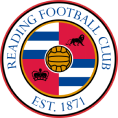
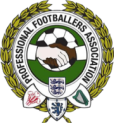
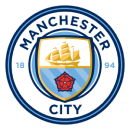


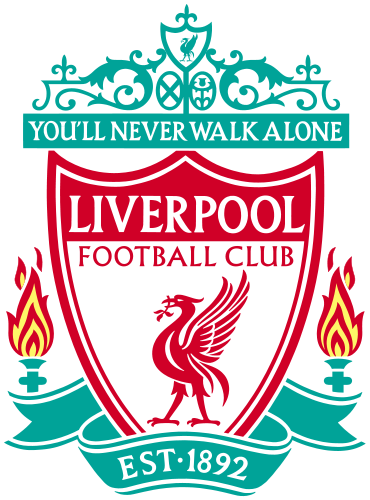
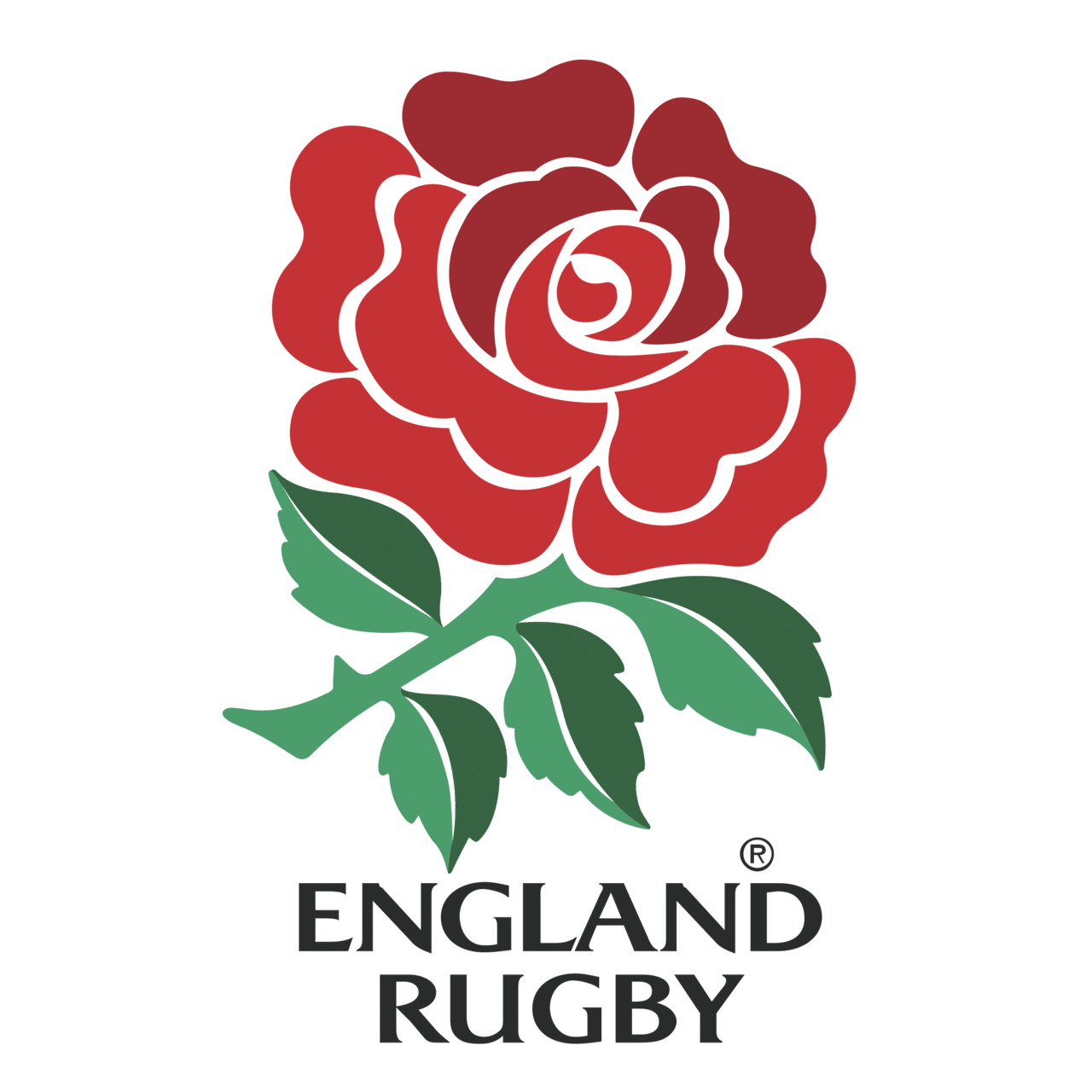

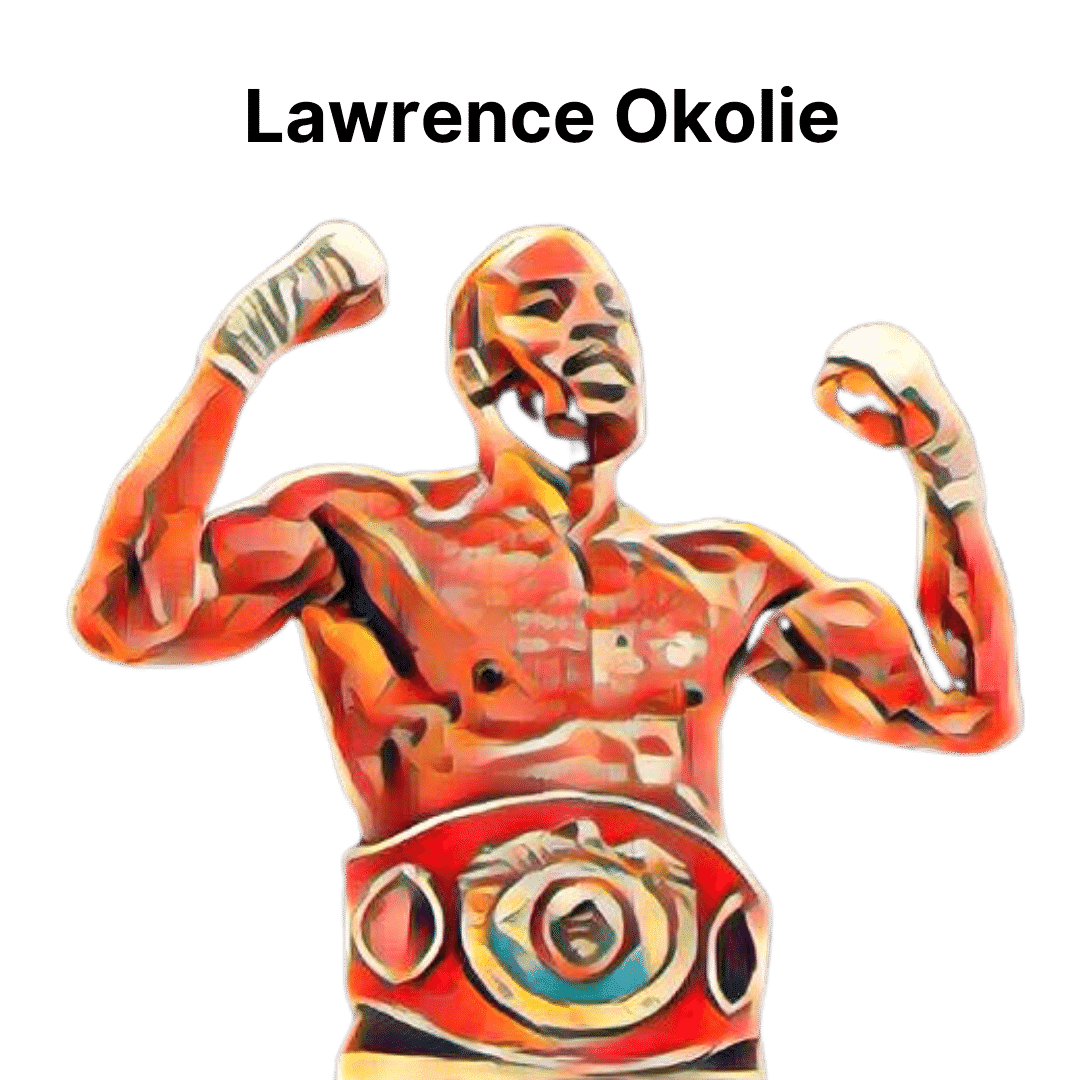
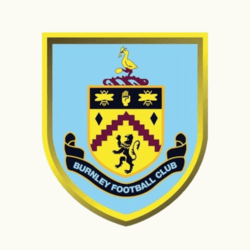
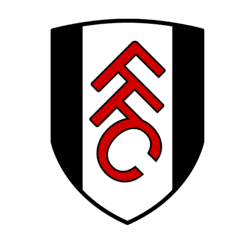
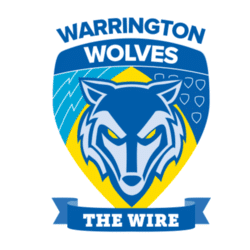

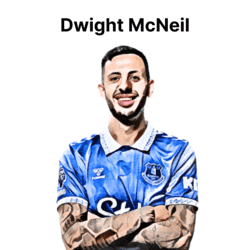

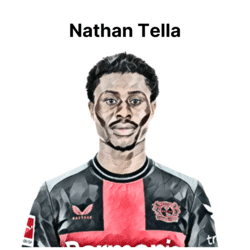
Register your interest? Subscribe Now
